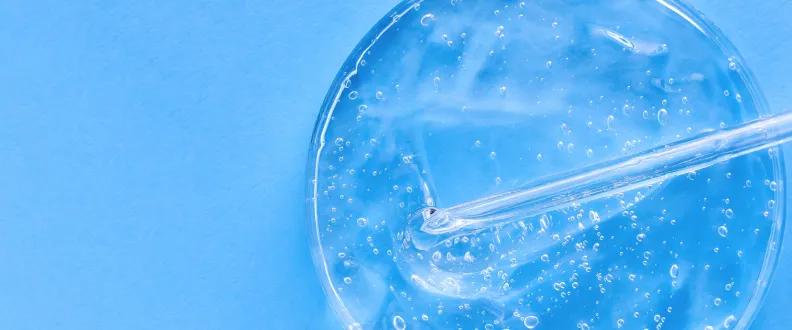
UK Marks Breakthrough with First Healthy Three-Parent IVF Babies
In a landmark achievement for reproductive medicine, the United Kingdom has welcomed eight healthy babies through a pioneering fertility procedure known as three-parent IVF. Officially called mitochondrial donation treatment (MDT), this technique is designed to prevent the inheritance of severe genetic disorders by replacing faulty mitochondrial DNA with healthy donor material.
The procedure involves combining genetic material from three individuals: the mother’s egg, the father’s sperm, and a donor’s mitochondria. While the vast majority of the child’s DNA (about 99.8%) comes from the biological parents, the mitochondrial donor contributes less than 0.2%. Despite its small proportion, this mitochondrial contribution is critical for preventing life-threatening conditions, including muscle weakness, organ failure, and neurological complications.
The treatments were conducted under the strict oversight of the UK’s Human Fertilisation and Embryology Authority (HFEA), which regulates advanced fertility interventions. Since the UK legalized mitochondrial donation in 2015, it has become the first country to formally approve and monitor this method, ensuring both safety and ethical compliance.
Experts have celebrated the milestone as a transformative moment for families at risk of passing on debilitating genetic disorders. Professor Dagan Wells, a leading geneticist, described the births as “a major leap forward,” emphasizing the potential impact on future generations.
While three-parent IVF remains an experimental procedure and raises ethical considerations, the successful births provide hope for families affected by mitochondrial diseases around the world. Researchers are optimistic that, as understanding and technology improve, MDT could become a standard option in fertility care, preventing the transmission of inherited conditions and expanding possibilities for safe, healthy pregnancies.
The UK’s achievement signals a new era in genetic medicine, demonstrating how science can intervene to protect future generations while navigating complex ethical landscapes.
